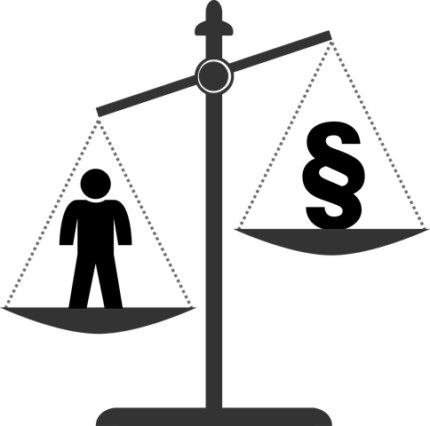China’s 2020 Cryptography Law in the Context of China’s Burgeoning Data Privacy and Security Regime
[Originally published as a Feature Article: China’s 2020 Cryptography Law in the Context of China’s Burgeoning Data Privacy and Security Regime, by Carolyn K. Luong, in Orange County Lawyer Magazine, April 2020, Vol. 62 No.4, page 31.]
By Carolyn Luong
U.S.-China relations have been a trending topic throughout the past year due to several conflicts involving the alleged encroachment upon free speech principles and perceived threats to U.S. national security. The NBA and Activision-Blizzard, both U.S.-based organizations, fielded criticisms in October of 2019 for supposed political censorship motivated by the fear of losing Chinese customers. Furthermore, as the U.S. races to build out its 5G infrastructure, the U.S. government has explicitly restricted U.S. corporations from conducting business with Chinese technology manufacturer Huawei upon apprehension that Huawei equipment may contain backdoors to enable surveillance by the Chinese government.[1]
Dr. Christopher Ford, Assistant Secretary of the U.S. State Department’s Bureau of International Security and Nonproliferation remarked in September that, “Firms such as Huawei, Tencent, ZTE, Alibaba, and Baidu have no meaningful ability to tell the Chinese Communist Party ‘no’ if officials decide to ask for their assistance—e.g., in the form of access to foreign technologies, access to foreign networks, useful information about foreign commercial counterparties . . . .”[2] These Chinese firms in response firmly deny any allegations of contemplated or actual instances of required cooperation with the Chinese government to compromise user information or equipment.
Continue Reading China’s 2020 Cryptography Law in the Context of China’s Burgeoning Data Privacy and Security Regime

